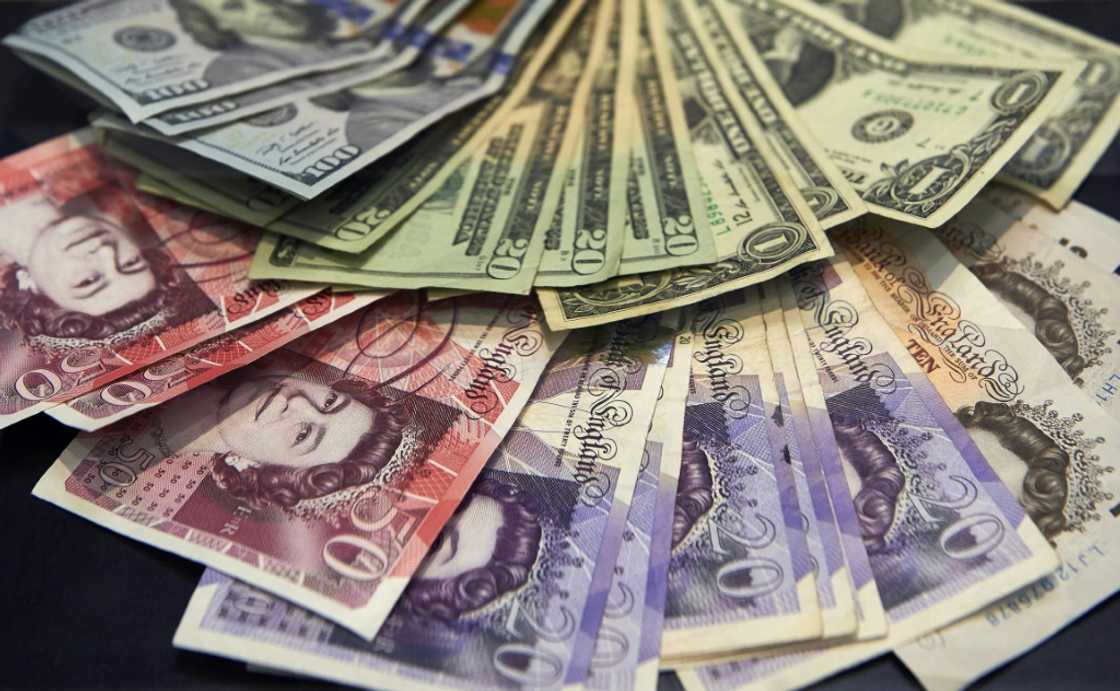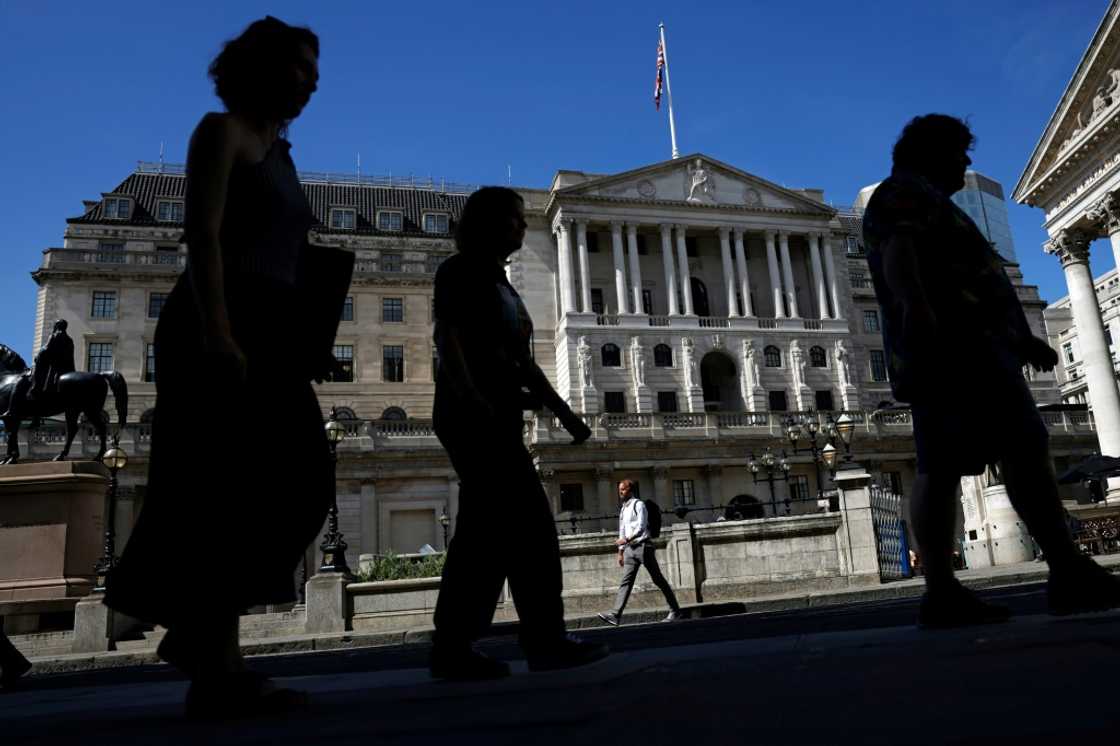UK political upheaval and stagflation fears weigh on pound

Source: AFP
New feature: Check out news exactly for YOU ➡️ find “Recommended for you” block and enjoy!
Political uncertainty and growing economic woes, including spiralling inflation and the threat of a recession, are weighing heavily on the British pound, against both the US dollar and the also struggling euro.
The British currency, which is currently trading at around $1.16 for £1, is a barometer of the UK's attractiveness to international investors and has dropped to levels last seen in early 2020 and the shock of the Covid-19 outbreak.
Before that, sterling has not been so cheaply traded since 1985.
Many currencies are struggling against the greenback, which has been galvanised by the US Federal Reserve's stated intention to continue raising its key rates.
European currencies are also suffering from the war in Ukraine and the energy crisis, currently heightened by the threat of a total interruption of Russian gas deliveries.
But the pound is particularly badly hit, losing more than 15 percent against the dollar over the past year.
PAY ATTENTION: Follow us on Instagram - get the most important news directly in your favourite app!
That has occurred despite the Bank of England (BoE) beginning to raise its key rates at the end of 2021 and repeatedly indicating that it intends to continue this tightening.
Against the euro, which has been weighed down by the European Central Bank's difficulties in tightening its monetary policy, the pound has fallen by two percent this year.
The UK has the highest inflation in the G7, at more 10 percent year-on-year. The BoE estimates that it could rise to 13 percent in October.
Private bank analysts are even more pessimistic: Citi estimates that the peak could reach 18.6 percent in early 2023, while Goldman Sachs suggests 14.8 percent.
All-time low looming?
However, inflation could hit 22.4 percent next year if the country's energy prices -- which are set to jump 80 percent in October -- continue their upward spiral as predicted.

Source: AFP
That has prompted analysts at Capital Economics to warn sterling could plunge to an all-time low of $1.05, given the toxic cocktail of a likely recession alongside persistently high inflation -- elements of dreaded so-called stagflation.
The term refers to long-running high inflation combined with weak growth and rising unemployment.
Capital Economics argues the BoE will have to stop tightening monetary policy in the coming months, but cannot afford to loosen it either amid that spectre.
Its analysts also note downside risks loom in the form of Liz Truss, the favourite to become prime minister next week, who has threatened to renege on a key element of the country's post-Brexit deal with the European Union.
Former finance minister Rishi Sunak, the other candidate in the race, warned this week it would be "complacent and irresponsible" to ignore the risk of markets losing confidence in Britain, as he attacked Truss's plans to slash taxes.
"The lack of credibility issue Sunak mentions may see the pound continue to weaken" if Truss is confirmed as the ruling Conservatives' next leader on Monday, said Derek Halpenny, a currency analyst at MUFG.
Meanwhile, the broader consequences of leaving the EU and its single market and customs union continue to weigh on the pound, according to economists.
It was trading at less than 80 pence against the euro and more than $1.40 on the eve of the Brexit vote.
Since then, it has lost more than a fifth of its value against the greenback and more than 10 percent against the European single currency.
New feature: Check out news exactly for YOU ➡️ find "Recommended for you" block and enjoy!
Source: AFP




